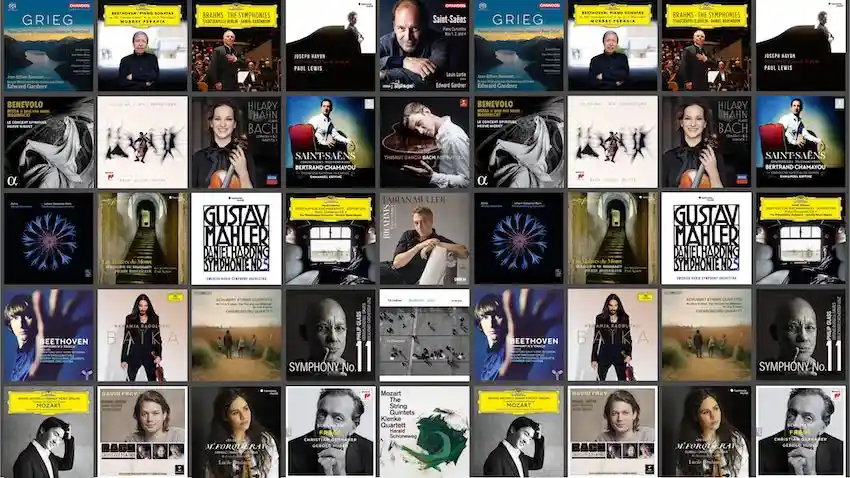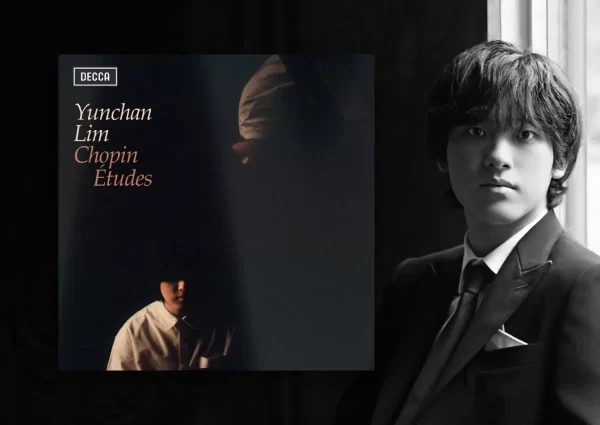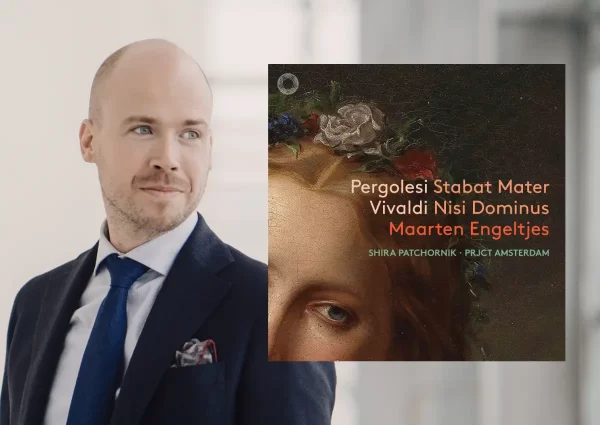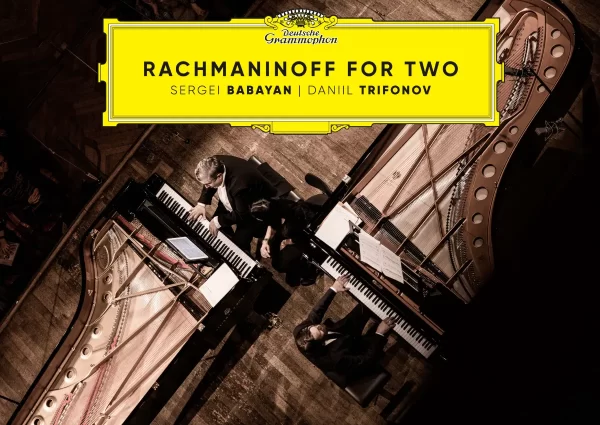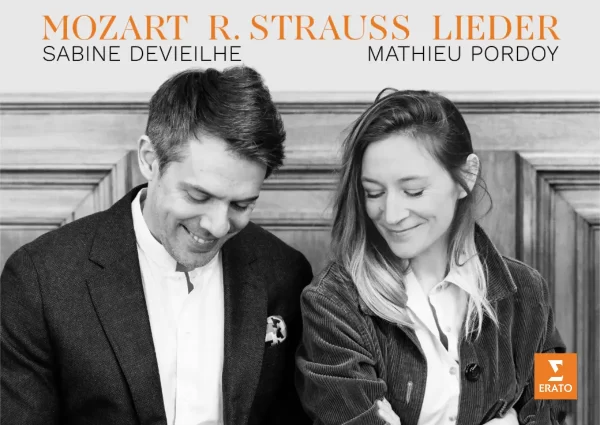Image: ©️ GMD Three
“Dance”, the release from Azica Records featuring guitarist Jason Vieaux and the Escher Quartet impresses from the outset with its bounding energy. The musical bond between guitarist and quartet is immediate and tight, playing as one. In each of the three works for guitar and string quartet, there is an enduring sense of elegance synonymous with dance, combined with an intrinsic understanding of the music.
Mario Castelnuovo-Tedesco may not be a familiar name, but his relationship with guitarist Andrés Segovia produced a number of commissions for guitar, his Guitar Quintet Op.143 (1951) is one such shining example. Following an early romantic symphony model of quick-slow-scherzo-quick movements, Vieaux and the Eschers bring exquisite poise and refinement to this uplifting work. The quintet has a rich tonal harmonic language and the string writing has similar parallels with Ravel’s string quartet (coincidentally in the same key). Throughout the spirited first movement, there are impressive dialogues between the guitar and members of the quartet, cello in particular. The slow movement (“Andante Mesto”) fully captures a dark intensity, while the scherzo (marked “Alla Marcia”), is characterfully executed by the violins, with its repeated notes and harmonics. The finale lets all the players have their moment, in which both Vieaux and the Escher sparkle. Segovia’s recording may be considered authoritative, but his relationship with members of Quintetto Chigiano lacks the same high level of unity and rhythmic precision as Vieaux and the Escher Quartet. Together, they bring something far more colorful and musically satisfying.
Get periodic updates about new classical music albums reviews, news and guides.
We respect your privacy.
Composed in 1993, the “100 Greatest Dance Hits” by Aaron Jay Kernis is not, as the name suggests, incorporating 100 pieces, but is a four-movement work. In each of the movements, Kernis evokes his take on a popular musical genre. Opening with “Introduction to the Dance Party” it begins with a range of percussion sounds coming from the guitar. Vieaux also demonstrates his technical skills exhibiting a range of timbres from his instrument. The second movement (“Salsa Pasada”) is impeccably balanced, both in terms of ensemble and recording. The quartet’s sound in “MOR Easy Listening Slow Dance Ballad” (track 7) is beautiful, as is the rich and sonorous guitar solo and the only moment of introspection in the album. This is short-lived, however, giving way to something more lively. The final movement (“Dance Party on the Disco Motorboat”) has some surprising moments as it fuses a range of popular music idioms, all performed with a strong conviction.
“Dances” is concluded with the most famous work in this genre, Luigi Boccherini’s 4th guitar quintet, “Fandango”. The character of each of the four movements is fully realized and the quartet stands out for the purity of the performer’s impeccable intonation. The first movement (“Pastorale”) has subtle changes of dynamics, combined with elegant phrasing that enhances Boccherini’s sometimes overly repeated segments – a feature which prevails throughout the work. “Fandango”, the final movement, has some exquisite and highly evocative playing, capturing all the qualities of the dance. Overall, one of the most convincing renditions available on modern instruments.

This carefully programmed album is admirably recorded in Sauder Hall, Goshen College, Indiana, with an ideal level of reverberance from the acoustic. Each of the instruments (including the castanets in the Boccherini Quintet) is captured from a sufficient distance to fully appreciate the rich tone created by each player, but the sound of the guitar is particularly commendable. The balance throughout is impeccable, a credit to the high level of care and attention taken by the engineers.
Whilst not dances in the “popular” or Baroque sense, Vieaux and the Escher capture the essence of movement. Brimming with vivacious and contagious dynamism, its relentless energy never becomes tiresome, but quite the opposite — completely immersive. The creative program makes for a very approachable album, and with a magnetic charm so strong one cannot resist a repeated listening. Highly recommended.

“Dance”
Mario Castelnuovo-Tedesco – Guitar Quintet, Op. 143
Aaron Jay Kernis – 100 Greatest Dance Hits
Luigi Boccherini: Guitar Quintet No. 4
Jason Vieaux – Guitar
Escher Quartet: Adam Barnett-Hart, violin; Aaron Boyd, violin; Pierre Lapointe, viola; Brook Speltz, cello
Azica Records, CD 787867132821
Follow Us and Comment:
Get our periodic classical music newsletter with our recent reviews, news and beginners guides.
We respect your privacy.


